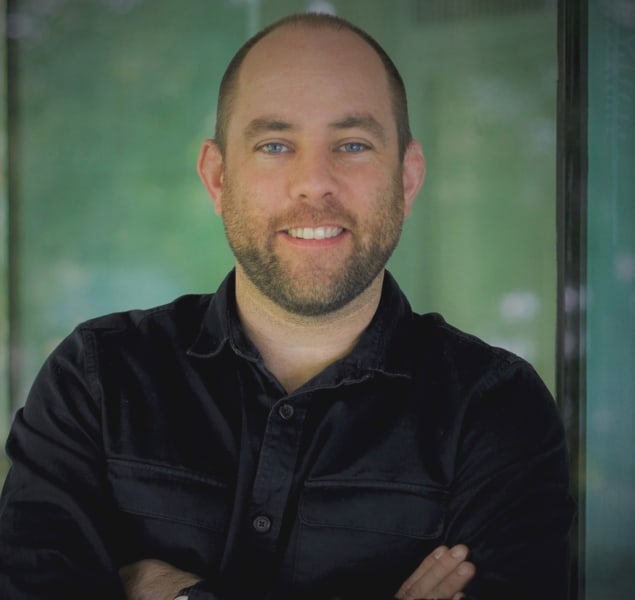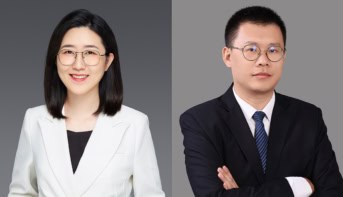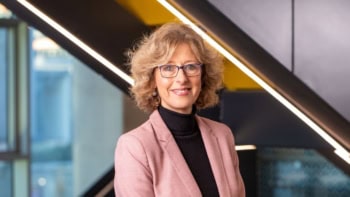The rapid rise of transformative agreements between publishers and research consortia is providing extra impetus to the Electrochemical Society’s long-standing ambition to “Free the Science”

One of the primary remits for any scientific society is to facilitate and promote the knowledge exchange needed to drive research progress. For The Electrochemical Society (ECS), an international non-profit scholarly organization, that has translated into a long-term vision launched in 2015 to “Free the Science” – to make all of its content free to read, while also remaining free for authors to publish their work.
As an immediate signal of its intent, the ECS introduced an annual Free the Science Week that this year will run on 2–9 April 2023. During the event, the society will lift the subscription paywall on more than 180,000 articles across its entire digital library – which includes journals, conference proceedings, and the society’s Interface magazine – allowing anyone from across the globe to explore the latest research results as well as an archive stretching back more than 120 years. Readership during the last six events has seen a significant uplift, with the number of article downloads typically increasing by around 25%.
“Free the Science Week is a celebration of the bold vison set out by the ECS when almost all research content was firmly behind a paywall,” comments Colm O’Dwyer, a professor in chemical engineering at University College Cork in Ireland, who is currently 2nd vice-president of the ECS and chair of the society’s publications sub-committee. “As a non-profit society, the mission of the ECS is to advance solid-state and electrochemical science and technology, and that requires free access to the community’s research results as well as removing the cost barrier for authors to publish their work.”
That long-term ambition has shaped the society’s publishing strategy as open access has emerged as a viable, and increasingly a necessary, alternative to gated library subscriptions. Its latest journals, ECS Advances and ECS Sensors Plus, both launched in 2022, are fully open access, with the article processing charges (APCs) waived for all authors for the first two years. “Open access has now become the default option for all new ECS journals,” comments O’Dwyer. “New titles start out with no cost to the authors, which opens them up to anyone who wants to publish.”
In a bid to remove the cost barrier for more authors to make their work freely accessible, the society launched its forward-looking ECS Plus programme in 2016. This read-and-publish package not only provides institutions with full access to the ECS digital library, but also allows authors at those institutions to publish an unlimited number of open access articles in ECS journals free of charge. The uptake has been impressive, with more than 1000 research centres around the world now subscribing to the package.

ECS Plus has in many ways foreshadowed the transformative agreements that are now being struck between journal publishers and large research consortia. These agreements follow a similar read-and-publish model, but offer free open-access publishing to researchers from any institution in the consortium across a much broader range of journals. “Here in Ireland the universities and funding agencies came together to create a consortium that negotiated transformative agreements with many different publishers,” explains O’Dwyer. “With these agreements in place there is zero cost for authors to publish, and anyone can read the content for free. From my personal perspective it has truly transformed the concept of Free the Science.”
In 2019 the ECS formed a partnership with IOP Publishing, an international publisher of scientific books, journals and also, incidentally, Physics World, that allows its journals to be included in these large-scale transformative agreements. “IOP Publishing has led the way in developing these open-access agreements since we established one of the first offsetting arrangements in 2014,” says Emma Bartovsky, who now manages the publisher’s growing portfolio of transformative agreements. “These read-and-publish licences are helping to accelerate the transition to open-access publishing, since researchers no longer need to source their own funding to pay an APC.”
IOP Publishing now has transformative agreements in place with more than 700 institutions in 28 different countries, around 300 of which include free open-access publishing in ECS journals. “Authors have been publishing in ECS journals more regularly as a result of these agreements,” comments O’Dwyer. “The partnership with IOP has also generated a much wider readership for our digital content.”
For researchers like O’Dwyer, the cultural shift towards transformative agreements has removed the need to make decisions about whether funding is available to publish open access. “With these agreements in place I now expect to be able to publish free of charge, ” he says. “If a journal demands exorbitant fees, or isn’t covered by our national agreement, I generally avoid them and find an alternative title. Speaking for myself, I have plenty of choices to find an appropriate journal with no APC to pay.”
One remaining issue, says O’Dwyer, is that many researchers are still unaware that they can exploit these transformative agreements to publish in their preferred journals without needing to pay a fee. “The concept of open access is often met with the fear of the cost,” he says. “Many of my colleagues don’t yet think about checking whether it’s one of several hundred journals that are free to publish in.”
O’Dwyer has been working to build awareness within his own institution, but he points out that authors must currently take much of the responsibility for finding out whether their chosen journal is included in a transformative agreement. “Some journal platforms check whether an article is covered as part of the submission process, but others are less joined up,” he says. “Ideally there would be a one-stop resource where authors can check which journals they can publish in free of charge.”
IOP Publishing has a journal finder, developed in collaboration with ChronosHub, that allows authors to determine whether a particular title is included in a transformative agreement with their institution. “We want to simplify the process for authors and provide them with greater certainty that their APC will be covered,” says Bartovsky. “We are also now focused on putting unlimited agreements in place, which remove any caps on the number of articles that can be published open access for free.”
The bigger challenge is to ensure that researchers in all parts of the world have an equal opportunity to make their work free to read. While transformative agreements have quickly become commonplace in Europe, and are starting to become more established in North America, authors in most regions must still pay an APC to make their work freely accessible. “Open access needs to be equitable for everyone,” says O’Dwyer. “There is so much good work happening all over the world, but outside of these transformative agreements the cost of publishing open access typically falls on the author.”
The ECS has sought to mitigate that problem by operating a fee-waiver programme across all its titles, including its flagship Journal of the Electrochemical Society (JES), that eliminates the APCs for some authors and offers significant discounts for ECS members and students. IOP Publishing also waives the APCs for authors from low-income countries (as defined by the World Bank), and charges a reduced rate for researchers from low-middle income nations.
But O’Dwyer would like to see a more comprehensive solution, while still ensuring that publishers can generate enough income to maintain their journals for the research community. “We need to make sure that all authors have an equal chance to publish open access for free, and that sort of equity can only be achieved through initiatives that are developed and supported by the whole publishing community.”
- This year’s Free the Science Week runs on 2–9 April 2023. Visit the ECS digital library to explore and download more than 180,000 articles.



